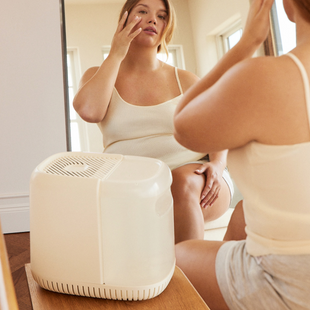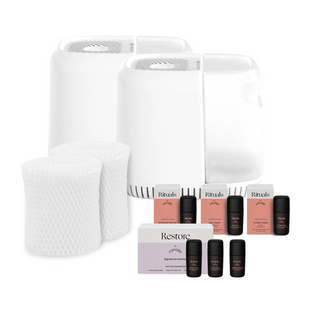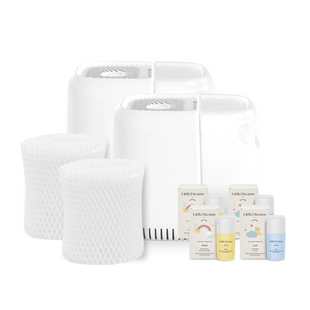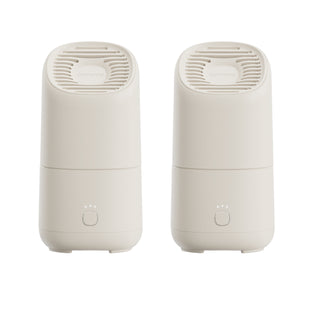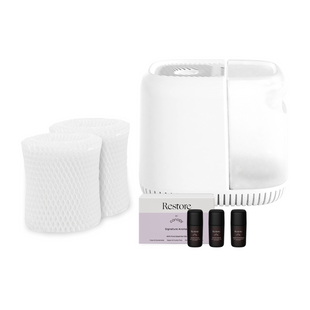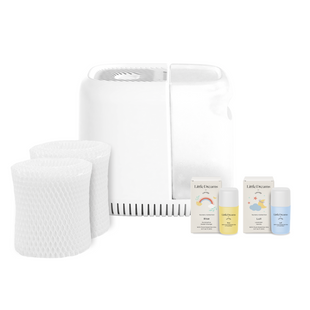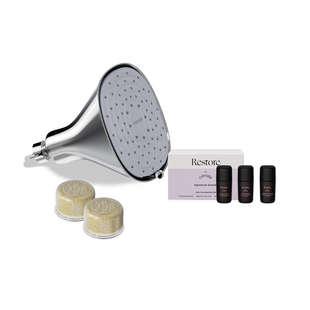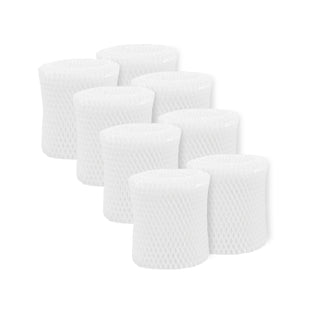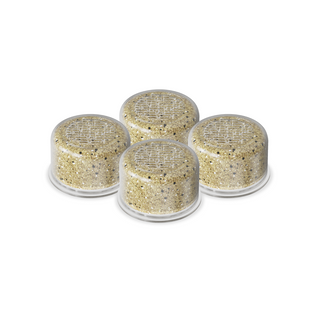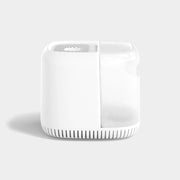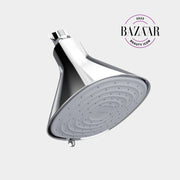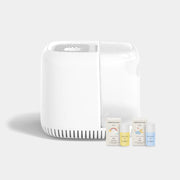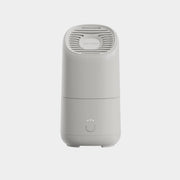When allergy season hits, do you spend your days feeling zoned out because you can’t get a good night’s rest? If so, you aren’t alone.
As if the congestion, sneezing, scratchy throat, and other symptoms of allergic rhinitis (the official name for allergies) weren’t bad enough, there’s a good chance you’re dealing with sleep problems, too. People who have allergies are significantly more likely to have trouble falling and staying asleep, have insomnia, and have poor-quality sleep.
The problems don’t end in the morning, either, since allergy-related sleep issues can make it harder to wake up and cause extreme fatigue throughout the day.
Although you can take medication to relieve your symptoms, changing some habits and developing a more allergy-friendly routine can help you get a good night’s sleep and help you feel better.
Why Your Allergies Feel Worse at Night
If you have allergies or even just a cold, you’ve probably noticed that your congestion worsens at night. Even if you feel fine during the day, as soon as you get into bed, you feel stuffier and more miserable, which makes it difficult to sleep.
Why does this happen? First, it’s helpful to understand what causes your symptoms in the first place.
Allergy symptoms are actually an immune response. Your immune system sees substances like pollen, mold spores, pet dander, and dust mites as threats, triggering the production of histamines to fight them off. These histamines cause the nasal passages to swell and produce extra mucus, resulting in congestion. They also trigger other responses to help your body get rid of the allergens, like sneezing and watery eyes.
So, why do these symptoms feel worse at night? According to experts, it’s most likely because you’re bringing your allergens to bed with you. Spending time outdoors on a beautiful day is great, but anything that lands on your skin and hair during the day will remain there when you go to bed. This will trigger your body’s natural responses—and keep you awake.
How to Sleep Soundly With Allergies
If nighttime allergy symptoms are keeping you awake, making a few simple changes can help you get better rest. Here is some of our best advice for how to sleep with allergies.
1. Shower at Night
One of the best ways to reduce your allergy symptoms is to shower before bed. Washing away the pollen, mold spores, and other allergens before settling in for the night reduces the chance of a reaction and nighttime congestion. While you shower, pay extra attention to washing your hair to rinse away allergens.
Use a filtered showerhead to help support a healthy skin barrier and reduce the risk of dry, itchy skin caused by exposure to allergens; adding aromatherapy, like eucalyptus, can also make your shower more relaxing and help clear your nasal passages so you breathe easier.
2. Add Moisture to the Air
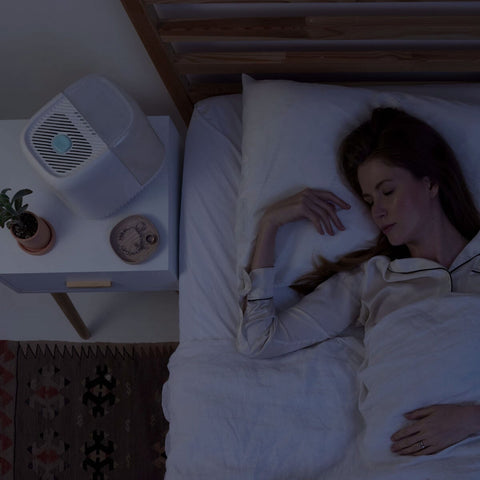
Dry air can make your allergy symptoms worse by dehydrating your nasal passages, which makes it easier for the pollen to enter your respiratory system and cause a reaction. Using a humidifier in your bedroom can help maintain the ideal moisture level and keep discomforts at bay.
Avoid making the room too humid, though, as a humidity level of 50% or higher can increase irritating mold and mildew spores. A cool mist humidifier with evaporative technology helps prevent excess humidity, removing the risk of symptom-inducing spores.
3. Keep Your Bedding Clean
It doesn’t matter how clean your body and the air are if you’re sleeping under bedding that’s covered in allergens. Using hypoallergenic bedding and washing it regularly can help keep pollen and dust away. And as much as you love sleeping with your pets, sharing a bed with your dog or cats can make it harder to breathe at night. Not only do they shed dander that can worsen congestion, but any pollen that lands on their fur during the day can end up in your sheets—and in your nose.
4. Change Your Sleep Position
The best position for sleep with allergies is one where your head is elevated. This can help prevent mucus from pooling in the back of your sinus and throat and keeping you awake.
5. Close the Windows
Opening the windows can help you stay cool and comfortable while you sleep, but with the breeze comes pollen. Keep windows and doors closed so hydrated air stays where you need it and run a fan or the air conditioner (with a high-quality air filter) to stay cool while you sleep.
Sleeping with allergies doesn’t have to be a miserable experience. You can get plenty of rest and feel great even when pollen counts are at their highest by making some changes to your sleep routine, like adding a humidifier.
Explore Canopy’s collection of humidifiers and filtered showerheads to find just what you need to breathe easy and get a restful night’s sleep.
